Have you taken time to inspect your challenge level lately?
One of the most overlooked leadership practices is personal reflection. Not about others—but about you. Your capacity. Your growth. Your pain points.
We tend to adapt to challenges so quickly that what once stretched us to the edge now barely registers. And that’s not always a good thing. What if you’ve just gotten used to dysfunction? What if you’ve built a life that can tolerate stress, but not thrive in health?
Leadership is more than leading others. It’s leading yourself—through seasons of confusion, conflict, healing, and hope.
Take five minutes and ask yourself:
Now rewind the clock—where were you a year ago?
What were the dominant struggles back then? Do you remember them?
What hard situations did you face, and how did you respond?
Did you survive something that nearly broke you?
Did you rise up in a way you didn’t know you could?
These aren’t just check-in questions. They are transformation markers. The difference between surviving and leading is the ability to pause and ask: “Am I still being challenged to grow, or have I settled into maintenance mode?”
Jessica’s Story: When Challenge Turns to Clarity
Jessica lived with daily anxiety—racing thoughts, tightening chest, a sense of failure before the day even began. She assumed it was just “who she was.”
But over time, with coaching and prayer, she realized something deeper: her anxiety was tied to one core relationship—her mother.
Jessica’s relationship with her mom had always been turbulent. Demeaning comments, manipulative guilt, and emotional volatility had worn Jessica down over decades. Her parents had divorced years ago, and Jessica—an only child—was constantly pulled into being “the strong one.”
When her mom was diagnosed with cancer a year ago, it wasn’t just the illness that shook Jessica. It was the emotional obligation—an invisible leash that yanked her backward into old wounds.
Internally, Jessica asked:
“How do I honor my mother, when she dishonors me?”
“What does God require of me—and how do I keep my soul in the process?”
Her story is not uncommon. Many leaders carry quiet burdens—relationships that rob joy, drain strength, and keep them in a reactive loop. But Jessica made some courageous shifts, and her growth offers insight for all of us.
3 Leadership Moves Jessica Made (That You Can Too)
1. Redefined What It Means to Honor
Jessica returned to the Bible—not to find permission to walk away, but to find truth that frees. She realized that honor doesn’t mean enduring abuse. It means choosing respect, kindness, and boundaries. Jessica found that she could love without losing herself, and that true honor starts by recognizing the image of God in both people.
“And this is my prayer: that your love may abound more and more in knowledge and depth of insight, so that you may be able to discern what is best…”– Philippians 1:9–10
2. Built a Boundary with a Door, Not a Wall
Jessica didn’t disappear from her mom’s life. She stayed engaged—but differently. She communicated clear boundaries: visiting during the day but not staying overnight; answering calls within set times; involving others in caregiving when possible. Her boundary wasn’t about distance—it was about sustainability. The result? Her anxiety eased. Her peace returned.
3. Invested in Her Own Healing
While walking with her mother through chemo and treatment, Jessica also began therapy. She confronted lies she had believed since childhood: “I’m responsible for her happiness. I can’t say no. I’m not allowed to rest.” As she dismantled those lies, she found new freedom. She wasn’t abandoning her mother—she was recovering her soul.
Reflection for You
Leadership doesn’t happen in public first. It happens in secret, in the private, quiet corners where we make real decisions about how to live, how to lead, and how to love.
So ask yourself today:
Am I still being challenged in a way that grows me?
Or have I stopped inspecting my challenge level?
Final Word
Jesus didn’t promise an easy path—He promised a refining one. Leadership isn’t about escaping pressure. It’s about letting God use it to shape you.
Take time today to inspect. Reflect. Grow.
Then do what leaders do:
Apply the wisdom. Live it out. Share it with someone who needs it.
Let’s lead like that.











